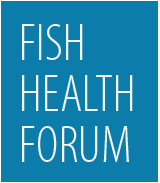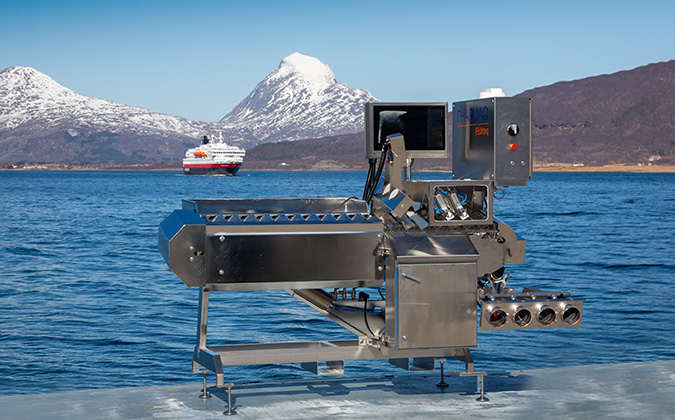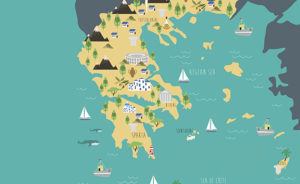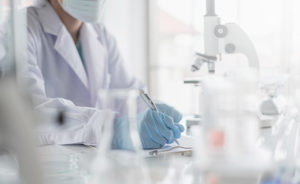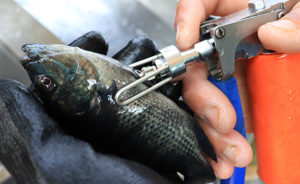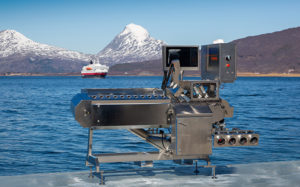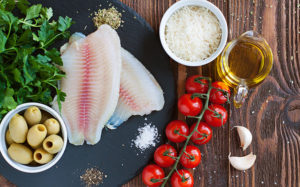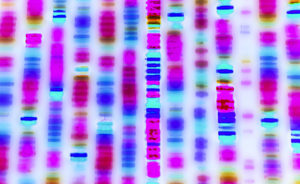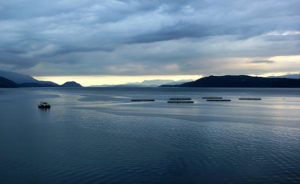PHARMAQ NEWS CENTER
Vaccines boost Greece’s seabass and seabream aquaculture — but challenges remain
Aquaculture in Greece has endured some ups and downs since its establishment in the 1980s, from the Greek financial crisis to the Covid-19 pandemic.
Managing pandemic pressures in aquaculture’s diagnostic labs
The Covid-19 pandemic has, to some extent, made epidemiologists of all of us. But for microbiologists focused on pathogens that don’t affect humans, it has created some new challenges.
Fish vaccination a key part of future success for world’s largest pangasius producer
The key to the continued growth of the pangasius industry is being more innovative in solving its main fish health, quality and sustainability challenges.
Vaccines provide Brazil’s fish farmers with a platform for sustainable growth
An interview with Danielle Zanerato Damasceno, Technical and Commercial Manager, PHARMAQ Brazil
Pandemic accelerates aquaculture’s transition to automated vaccination
New measures introduced on fish farms to limit the spread of Covid-19 are fast-tracking the adoption of vaccine machinery as a growing number of producers recognize its advantages.
Fish health-focused trainings bring growth to Colombian tilapia sector
An innovative project focused on delivering aquaculture skills trainings in Colombia is helping to boost productivity, sustainability and job growth in the country’s burgeoning tilapia sector.
Genetic sequencing uncovers three new fish virus species
Three new viruses have been discovered in fish as part of genetic sequencing work by PHARMAQ Analytiq, Norwegian University of Life Sciences and University of Minnesota, bringing new knowledge to an emerging field of viral research.
How has the Covid-19 pandemic changed disease management in aquaculture?
The Covid-19 pandemic has left virtually no areas of the economy untouched — and for those working in food production, the pressures can be very distinct.
Study sheds new light on Pasteurella infection in salmon and lumpsuckers
Atlantic salmon appear to be less susceptible to pasteurellosis than lumpsucker, the commonly used cleaner fish for the control of sea lice, the results of new PHARMAQ Analytiq-supported research suggest.
Upgraded smoltification test gives Mowi greater confidence in salmon transfers
A novel gill-tissue diagnostic technology — supported by rapid laboratory analysis — has enabled salmon-farming giant Mowi to much more precisely gauge when to transfer its smolts to sea cages within its Pacific West Coast operations.
- « Previous
- 1
- 2
- 3
- 4
- Next »
